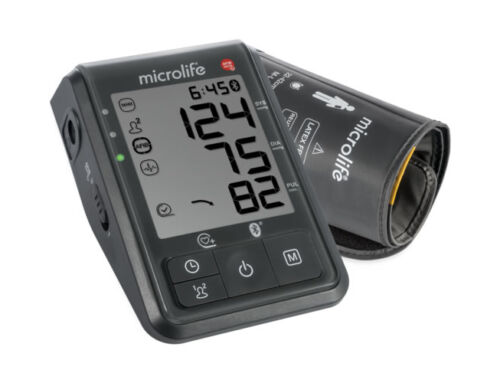Menopause causes many changes in a woman’s body and it can also increase risk for certain conditions like osteoporosis. Keep reading to learn more about symptoms and testing for menopause.

Women past a certain age will experience menopause. The age you experience it can vary, but it typically occurs in your late 40s or early 50s.
How do I know when I’m going through menopause?
Apart from the typical symptoms of menopause, your doctor can do a blood test (FSH test) to determine menopause. It also helps if you keep track of your periods and chart them as they become irregular.
Symptoms of menopause
Most women approaching menopause will have hot flashes. Hot flashes are a sudden feeling of warmth that spreads over the upper body, often with blushing and some sweating. The severity of hot flashes varies from mild in most women to severe in others.
Other common symptoms include:
- Irregular or skipped periods
- Insomnia
- Mood swings
- Fatigue
- Depression
- Irritability
- Racing heart
- Headaches
- Joint and muscle aches and pains
- Changes in libido (sex drive)
- Vaginal dryness
- Bladder control problems
Some women have none or only a few mild symptoms and others have severe symptoms that disrupt their sleep and lives.
Can I test for menopause?
Measuring the levels of Follicle Stimulating Hormone (FSH) assist with diagnosing menopause. FSH levels should normally be below 25mIU/ml except during mid-cycle.
As oestrogen levels decline, FSH levels increase to 25mIU/ml or more as the hormone tries to stimulate the ovaries to produce a healthy egg. Therefore, testing for FSH (such as U-Test Menopause) can help determine if the body produces too much FSH because of low oestrogen levels. This points to lower fertility and menopause.
In both normal and premature menopause, the level of Follicle Stimulating Hormone (FSH) rises.
Test limitations:
- As with all diagnostic tests a final diagnosis should not be based on the result of a test alone. It should be made in conjunction with other clinical evidence by your doctor.
- Using medication that contains hCG or LH may affect the test result.
- The test can give incorrect results if you are pregnant, used oral contraceptives recently or are receiving fertility treatment.
- The presence of a tumour in the hypothalamus may give a low FSH reading.
- Heavy intake of fluids before testing will dilute the hormone level in your urine. Limit the amount of fluid intake for about 2 hours before you do the test.




